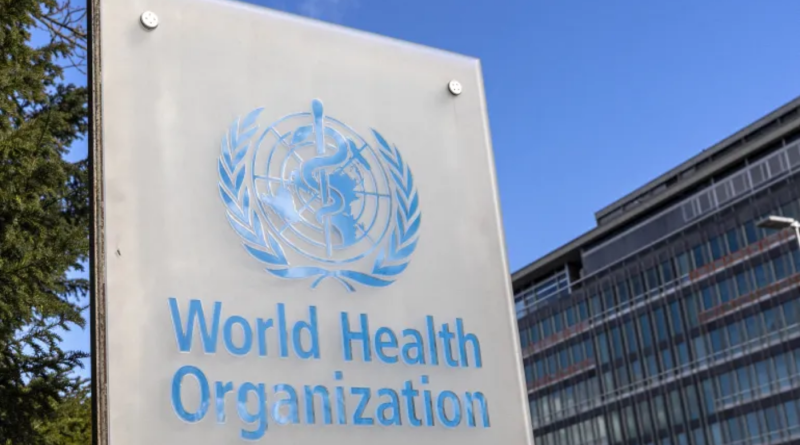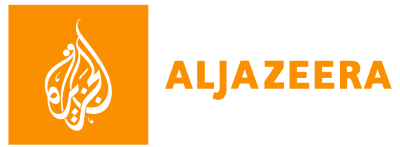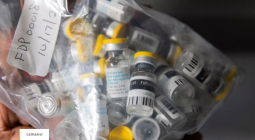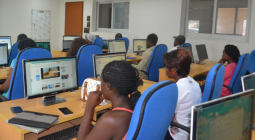DR Congo no longer expects to receive mpox vaccines this week

The World Health Organization headquarters in Geneva, Switzerland [File: Denis Balibouse/Reuters]
The Democratic Republic of the Congo (DRC) says it no longer expects to receive its first delivery of mpox vaccines this week as global health authorities say the spread of the disease can still be contained.
Asked whether the DRC would begin receiving the doses this week, Cris Kacita, the head of the country’s response team, told the Reuters news agency on Monday: “No. There are still several processes to follow.”
He said the Congolese pharmaceutical regulatory agency would first need to be in touch with Danish drugmaker Bavarian Nordic for guidance before the vaccines arrive.
“So we’re waiting,” Kacita said.
The World Health Organization (WHO) said in a statement on Monday that the virus can still be prevented from spreading further but doing so requires a coordinated response.
“The mpox outbreaks in the Democratic Republic of the Congo and neighboring countries can be controlled, and can be stopped,” WHO Director-General Tedros Adhanom Ghebreyesus said in a statement.
The announcement came as health authorities struggle to roll back the virus, which the WHO this month declared a global public health emergency for the second time in as many years. While the vast majority of cases are concentrated in the DRC, other nations in Asia and Europe have reported cases.
On August 19, the DRC health minister had expressed optimism that the country could start receiving vaccine deliveries as early as this week after promises of assistance from Japan and the United States.
German government spokesperson Steffen Hebestreit said on Monday that the country would donate 100,000 vaccine doses as the DRC reported more than 1,000 new mpox cases last week.
The Africa Centres for Disease Control and Prevention reported that, as of Thursday, more than 21,300 suspected or confirmed cases and 590 deaths have been reported this year across 12 African nations.
The WHO said it was “significantly” increasing its staffing in impacted countries, part of a six-month plan announced on Monday with the aim of ensuring greater access to vaccines and improving prevention and response.
“Strategic vaccination efforts will focus on individuals at the highest risk, including close contacts of recent cases and healthcare workers, to interrupt transmission chains,” the agency said in a news release.
The WHO said the plan will require $135m in funding and a funding appeal “will be launched shortly”.





